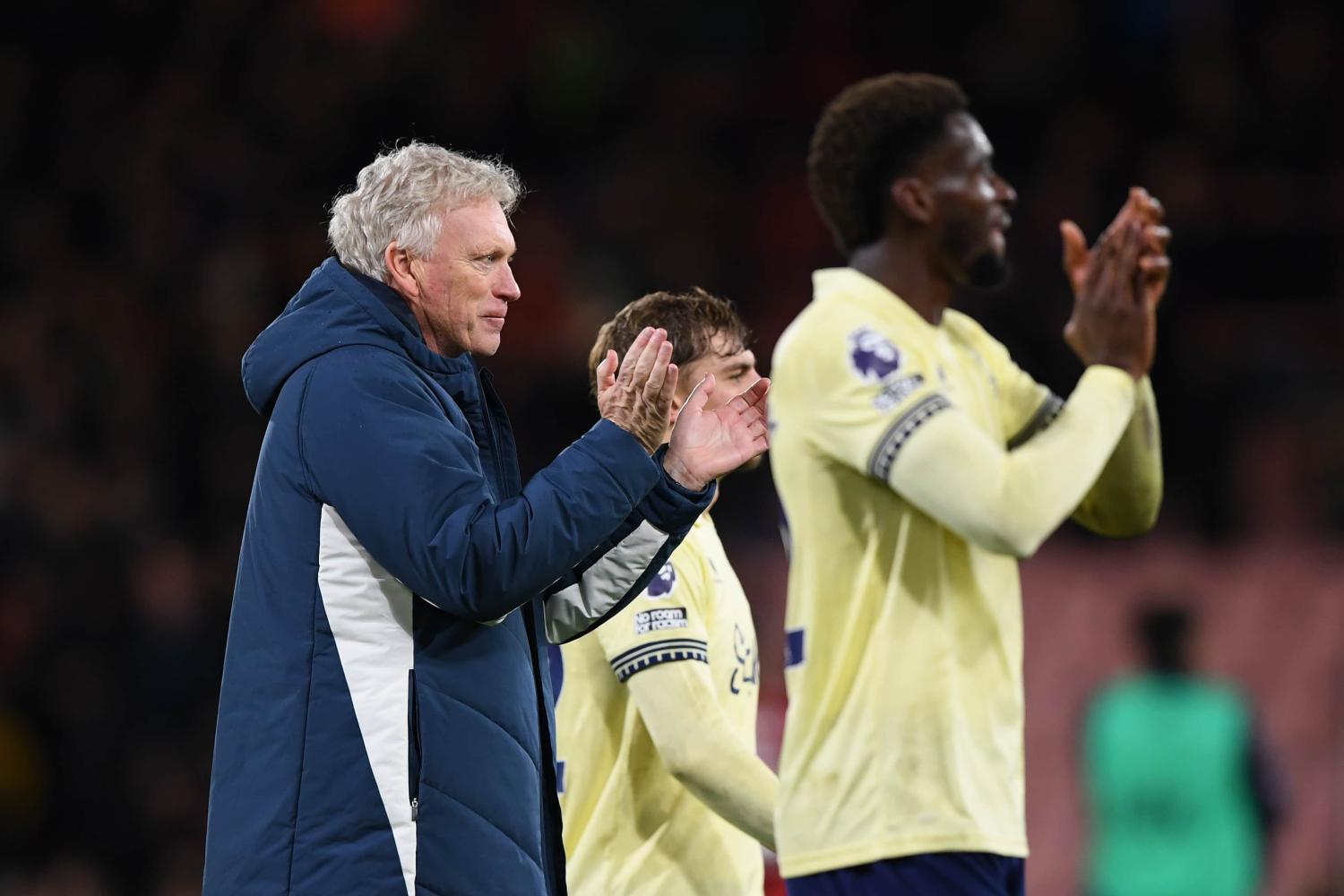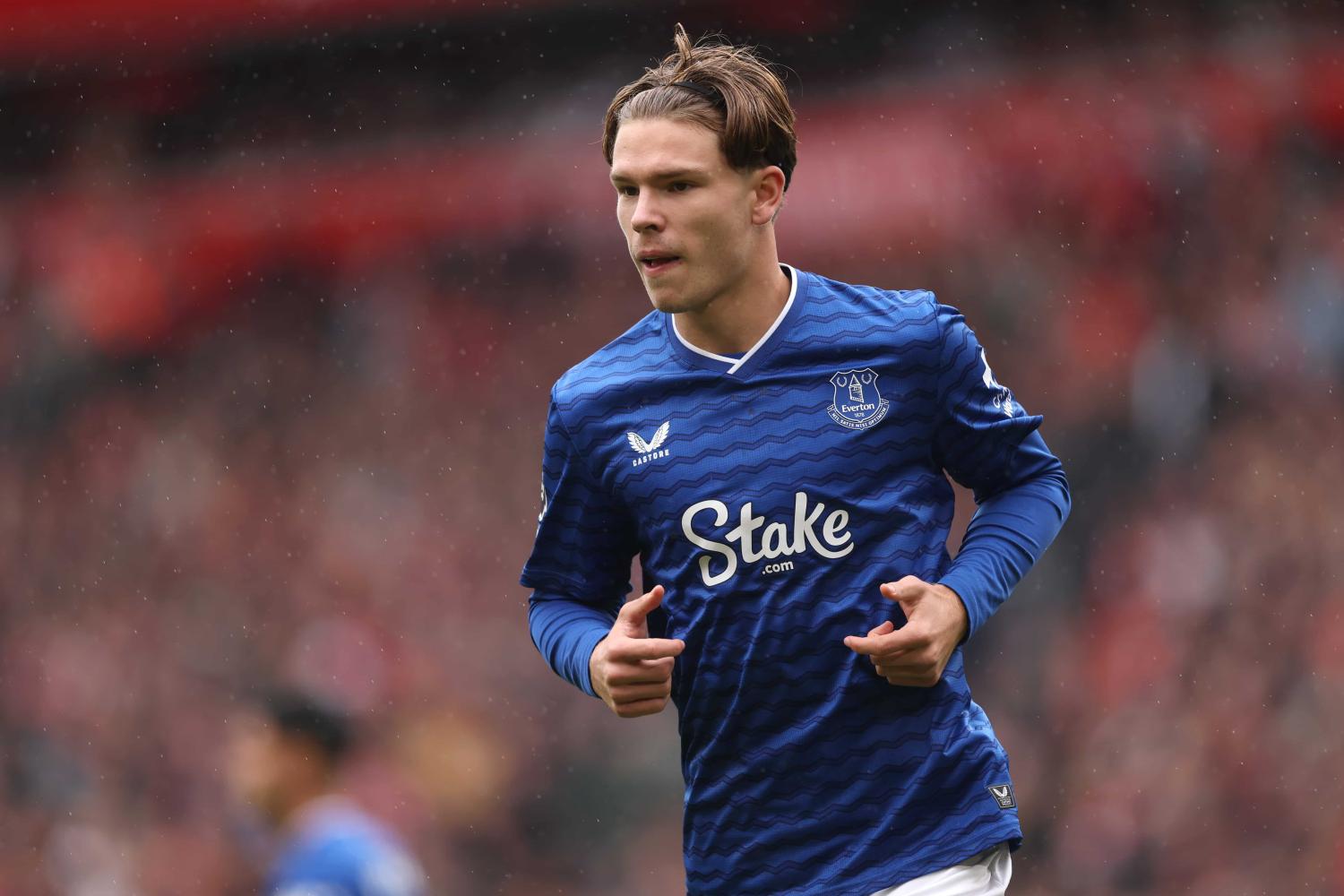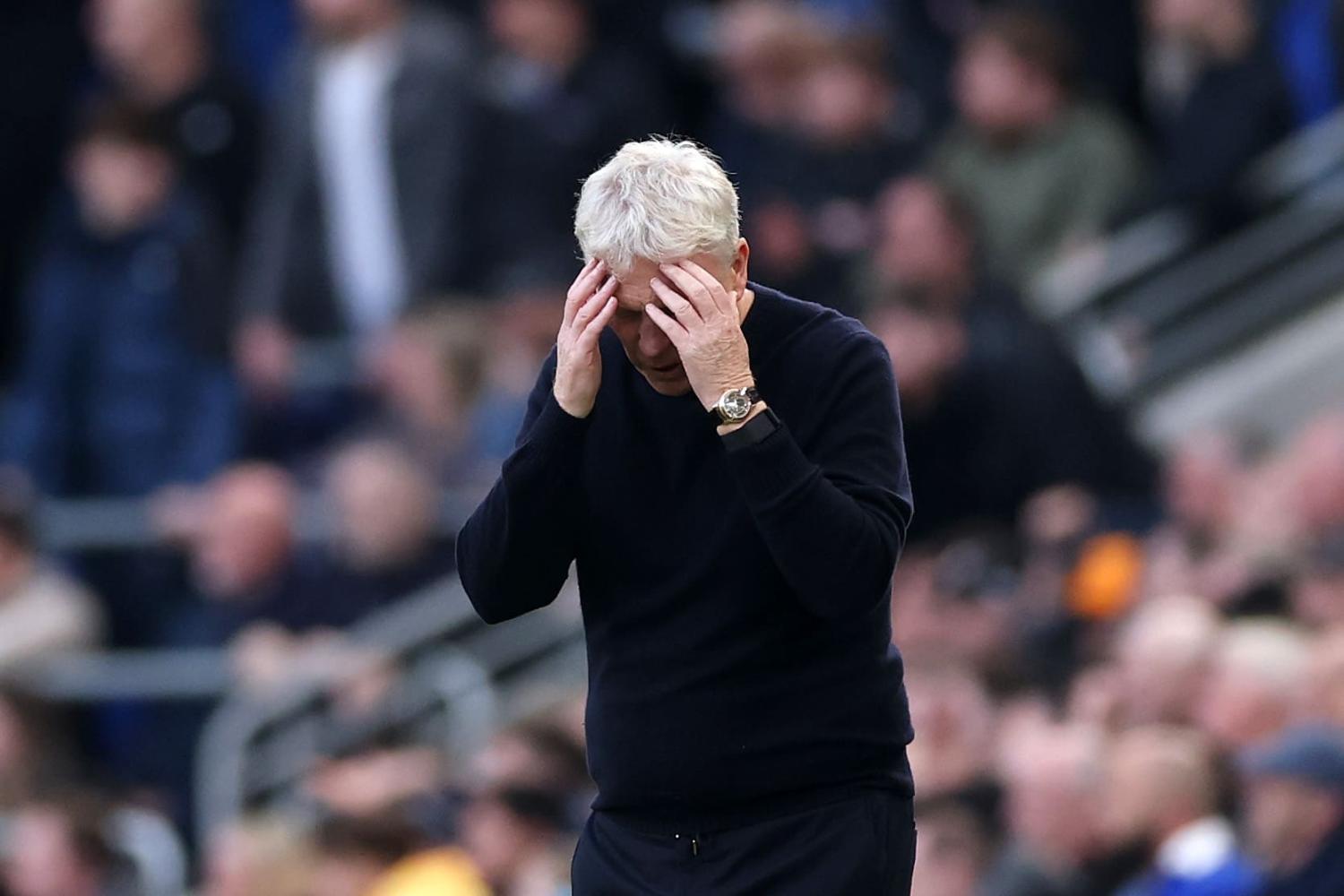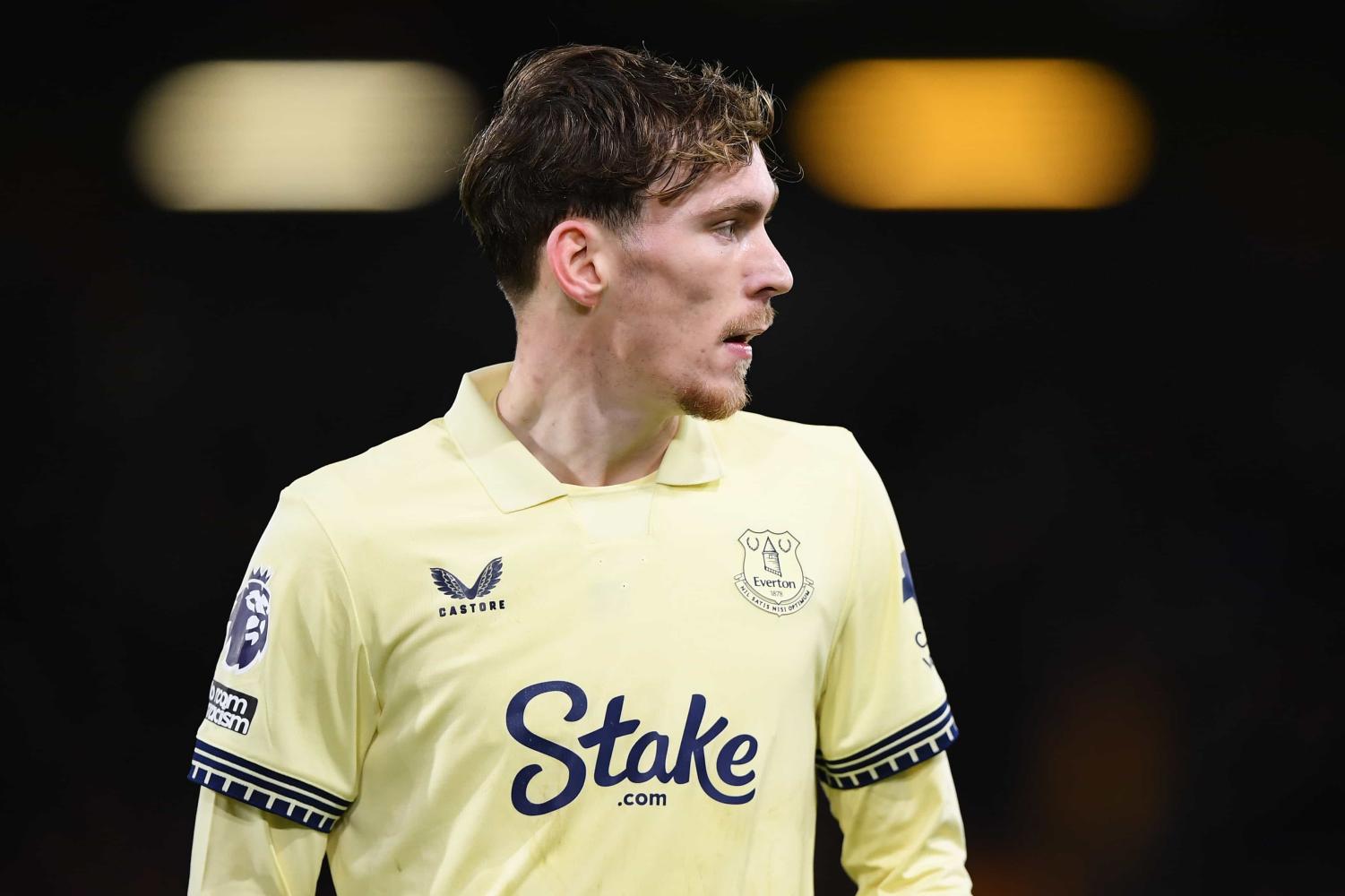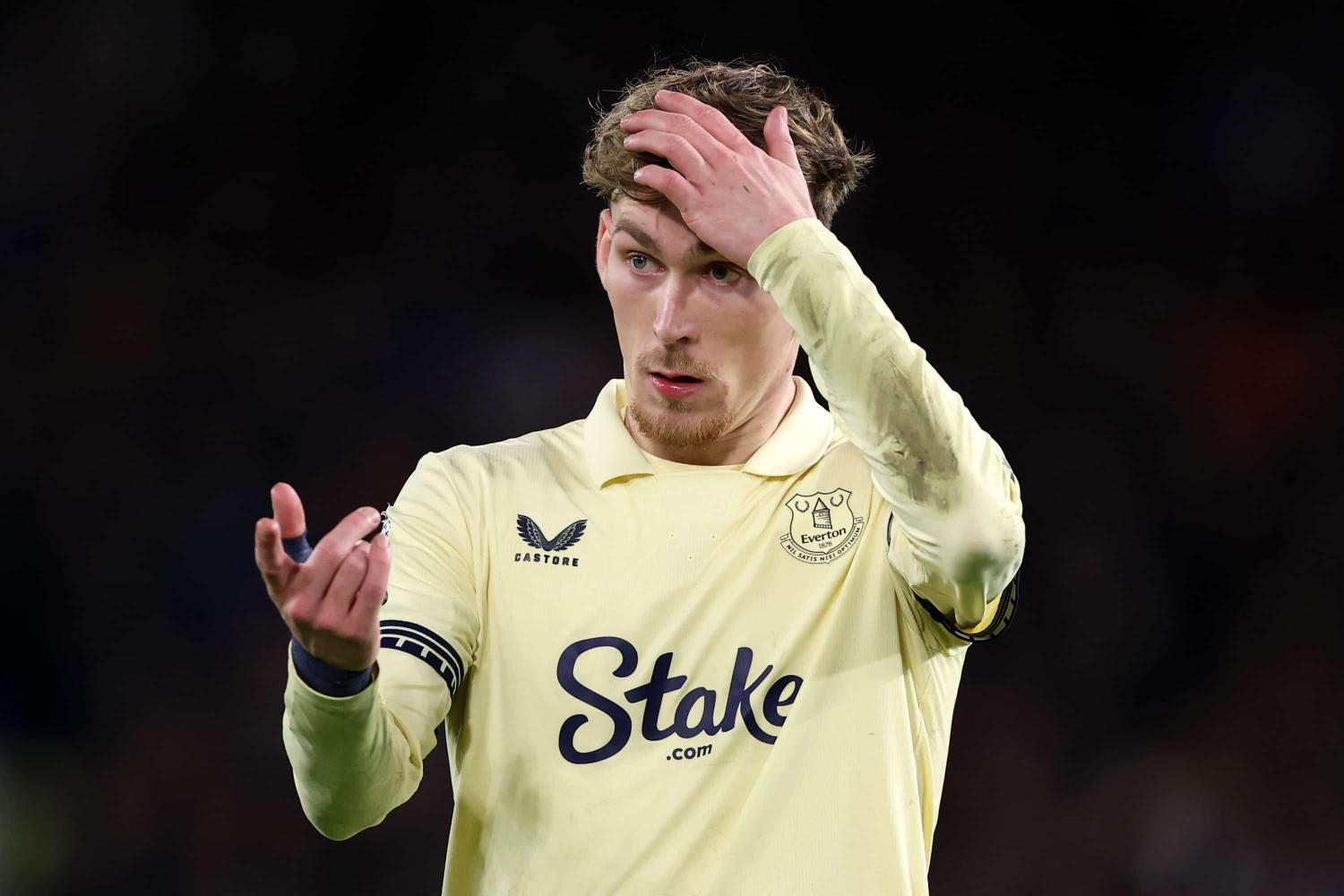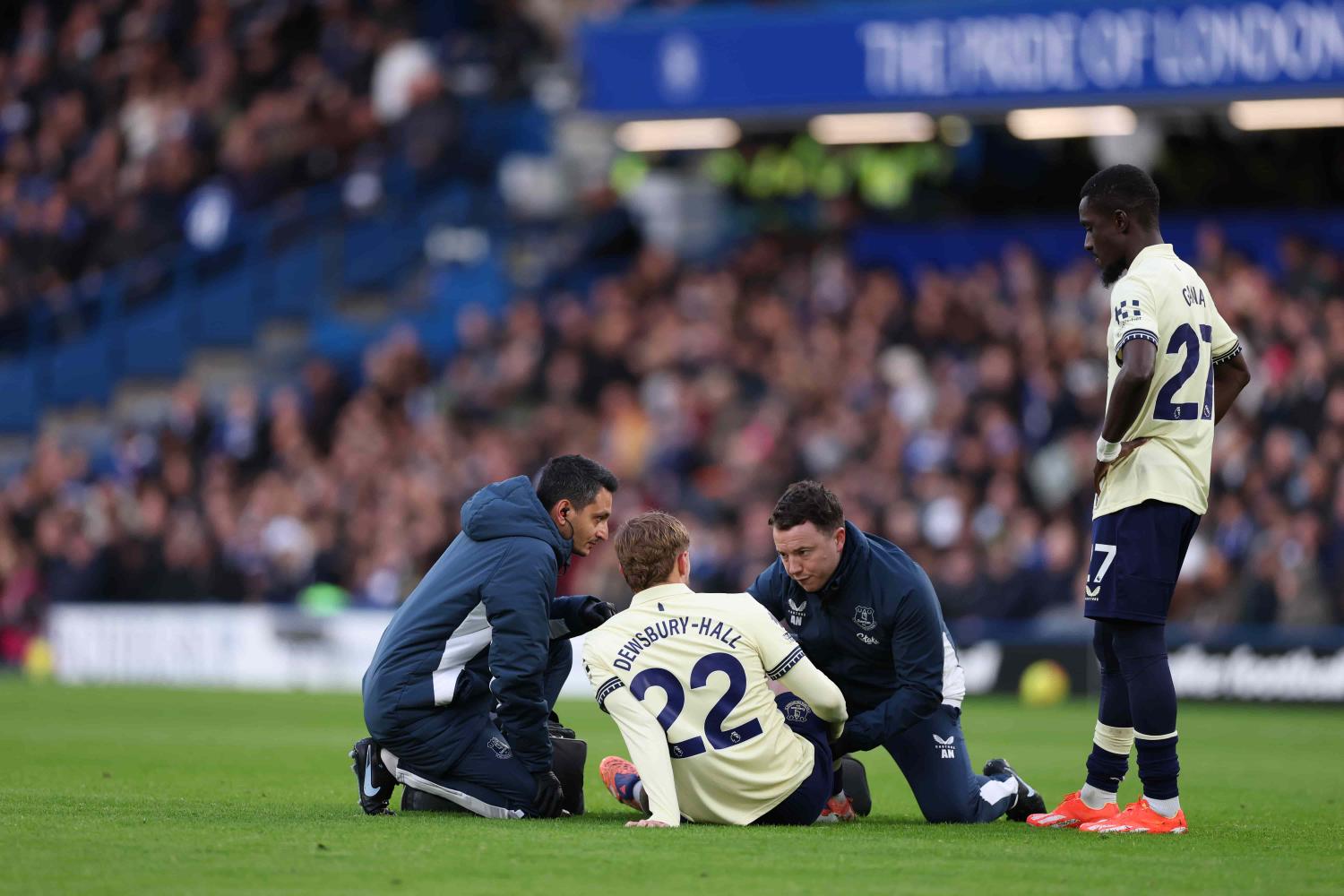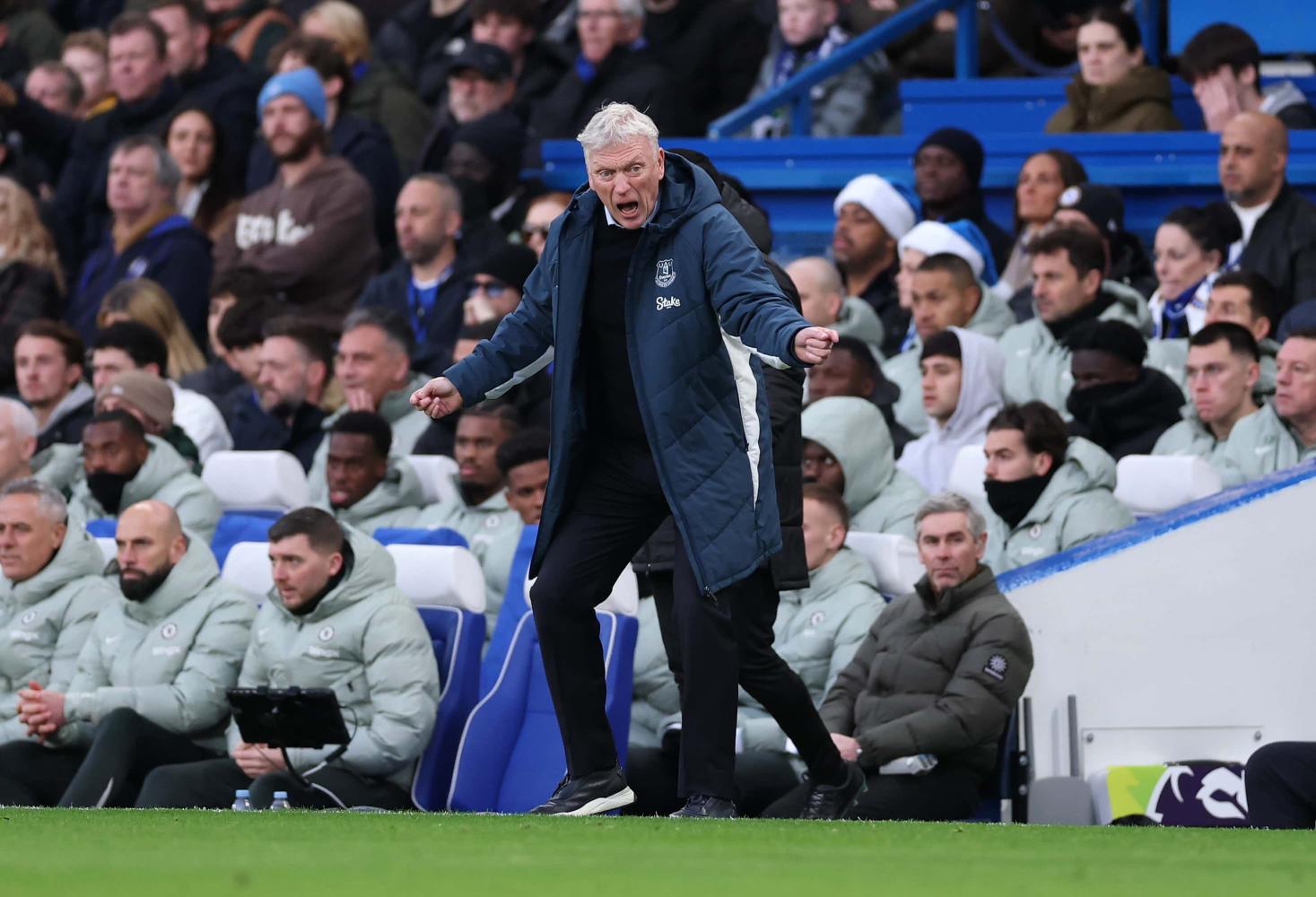| Is Duncan Ferguson the worst value for money footballer ever? Jamie Jackson 'That deal is regarded here at Everton as the worst in the club's history. When Peter Johnson [then chairman] sold him behind Walter Smith's back to Newcastle the fans went ballistic. But in hindsight, had that been left alone, it would've been one of the best pieces of business the club has ever done. It was a huge fee - £7 million. But to buy that man back does come to represent the one truly great mistake of the new era. The basic truth is that since he came back to this football club he has done nothing but drain away resources.' So speaks a senior Everton insider on Duncan Ferguson, keen pigeon fancier, cult hero among the fans and, of all the multi-million-pound earners in 10 years of Premiership football, arguably the biggest waste of money of all. And Peter Ridsdale was not involved. Ferguson will be 32 in December, and is nearing the end of a career that has never really taken off. As one of his former managers said last week: 'What has Duncan Ferguson ever actually done?' Here's the answer: · In the past 10 seasons, he has scored 59 goals and attracted transfer fees totalling £18.75 million. · In three seasons since leaving Newcastle to return to Goodison Park, he has featured 41 times in the Premiership - 26 starts, 15 as a substitute - and scored 12 goals. During that same period, he has been paid more than £5m, and the goals work out at more than £400,000 each. · Last season he played a total of 192 minutes, all as a substitute. He did not score a goal. On a weekly wage of £34,000, that's £9,000 a minute. · He did not even make the bench at Highbury yesterday because during those 192 minutes he managed to get banned for three games for an elbowing incident. · He has been injured. A lot. David Moyes, the Everton manager, might even have picked Ferguson yesterday because his regular strikers, Wayne Rooney and Kevin Campbell, are injured. Instead, the former Scotland forward sits out another game and picks up another fortune. By the time his five-year contract runs its course in 2005, Everton will have paid him £8.5m. But is that Ferguson's fault? If Everton are paying money for old rope, it was their decision in the first place. There might be full-time staff at Goodison who have to work two years to earn what Ferguson picks up in a week, but the player's lengthy contract is a prime example of financial mismanagement by a football club. When Everton signed him for a second time three years ago, they were aware of his injury record, which had blighted his time at Newcastle and, before that, his first stay at Goodison. Who, in any walk of life, would let ethics and moral arguments cloud their judgment on whether or not to accept £34,000 a week in wages? Ferguson's off-field profile is not helped by his refusal to speak to the press - unusual for a club captain. People in the game seem reluctant to talk about him as well. When Observer Sport approached one of his former managers, he questioned whether it was really The Observer or if he was being tricked by one of Ferguson's friends 'trying to find out what I really think of him'. Ferguson would certainly be offended to hear 'journalist scum' - his term for the press - suggest he might be a bad investment. But Everton's non-playing captain has contributed next to nothing in three seasons. 'You can't blame the player for wanting to get the best deal,' says Gordon Taylor, chairman of the Professional Footballers' Association (PFA). 'Injuries are part of the game. Players know that.' The big Scot's potential and ability were never in doubt when he came to prominence at Dundee United in the early 1990s, though it has not always been the case since then. Jim McLean, Ferguson's first manager at Dundee United, said: 'Duncan Ferguson could have been as good as Andy Gray. But his heart has never been in football in my opinion. It's been a job and a way in and a way to money. Even from 13 years of age he was absolutely outstanding. He was obviously excep tional in the air, his pace and control very good. But his hunger, desire and attitude towards the game were never 100 per cent.' Ferguson has, says McLean, been one of the game's great underachievers. Ferguson arrived at Tannadice after being spotted playing for a team in Stirling, Carse Thistle, that is still run by Dick Taylor. 'He was a loner. All his days with Carse [Ferguson played for the under-13s, 14s and 15s], he never came in the mini-bus, he always came with his dad and his uncle. We never had any bother with him, though at one time he was more interested in his pigeons than his football.' Ferguson's goalscoring would soon make him a millionaire. McLean's then assistant, Walter Smith, signed the 13-year-old on schoolboy forms - the first of three occasions Smith would bring him to a club. But when Smith, then manager at Ibrox, signed Ferguson for Rangers in 1993 for a British record £4m - more than Blackburn Rovers paid for Alan Shearer - his career had already peaked. He was still only 21. Ferguson's second season at Tannadice, in 1991-92, yielded a career best of 38 appearances and 15 goals. He also made a memorable Scotland debut, hitting the bar with an audacious overhead kick in a friendly against Germany at Hampden Park. It is now known as the game in which Ferguson 'nearly scored'. He won six more caps, scored none and fell out with the Scottish FA after his jailing for the on-field assault of Raith Rovers' John McStay while playing at Ibrox. As well as the stretch for the on-field assault, there were three other cases of violent conduct while Ferguson was in Scotland: a butt on a policeman after a drunken brawl, an attack on a man on crutches at a taxi rank after a night out and an assault on a fisherman in a hotel. On Merseyside, having had the misfortune to be burgled twice, a couple of years apart, Ferguson defended himself and the burglars ended up in hospital on both occasions. Perhaps this endears him to the supporters. He has always stated how much the Everton fans and the club mean to him. The Goodison insider says: 'He is very good. We had a day when everyone could come to Goodison and it was chucking it down with rain, and the last to leave was Ferguson, signing autographs.' He also speaks of Ferguson being a strong family man, a regular contributor to charity and a keen visitor to children's hospitals around Liverpool. He became a cult hero at Goodison when he arrived in 1994, signed on loan by Mike Walker after two seasons at Rangers that yielded two goals in 14 appearances. And being a cult hero - thanks to the timing of his move, the direct style of his play and his knack of scoring goals in the right games - was very, very lucrative. 'He was the right man at the right time for us,' said Jim King, of the Everton Supporters Club. 'He roused the passion at Goodison. He knew what we wanted and what he could give us.' The day after failing a Breathalyser test in November 1994, Ferguson scored in the 2-0 Merseyside derby victory. Two weeks later came a goal in the 3-0 win over Leeds United and when Walker was replaced by Joe Royle, the new manager upgraded the loan to a permanent transfer. Royle said later: 'Ferguson's the legend, he now has to become the player.' There are plenty who would say it has never happened. It looked good by the following May. Ferguson had scored a winner against Manchester United, Everton had avoided relegation and the FA Cup had been won. The Scot was viewed as the talismanic factor. Weeks later came the prison stretch, 44 days in Glasgow's Barlinnie jail for butting McStay, who said at the time: 'I was with Raith for eight years, but when all this blew up I felt they just dropped me like a brick. They seemed more concerned what Rangers thought about it.' McStay became a painter and decorator and still refuses to speak about the incident in detail nine years later. 'It cost me in so many ways,' he told The Observer . It seemed to have the opposite effect on Ferguson. His time inside added to his standing among supporters and when he came out, the following two years were productive - 62 games and 21 goals. The manner of his transfer to Newcastle United in 1998, conducted behind new manager Smith's back and with Ferguson declaring how upset he was, allowed him to remain the fans' favourite. And, of course, keep the door open for a possible return as the prodigal son. It duly happened. Eight goals in 30 appearances during an injury-blighted two seasons at Newcastle, and Ferguson headed back to Merseyside. The effect is still being felt. 'I know for a fact,' says the Everton insider, 'that Bill Kenwright [the Everton vice-chairman] deep down knows it was truly a great mistake that he made. The general feeling inside the boardroom at the time was: "No, don't buy Duncan Ferguson." But Bill went out on a limb because Walter Smith said: "Yes, I'd like him back." He did it primarily to please Walter and also because he genuinely thought the fans wanted him back.' Ferguson was popular three summers ago, but now 'he seems to have got frustrated with injuries and is not really interested any more', according to a supporters' representative. The Goodison insider confirmed this. 'When he's fit and he's in the loop he's fine. But when he's not fit and he's not training, then I honestly don't think he cares that much, and I think his love of football lessened greatly when Rooney became the hero.' Ferguson has been unlucky with injuries. He missed much of last season with a trapped sciatic nerve and at one stage was told that he may have to retire. He recovered, though, and apparently still has a strong enough hold over the fans to concern Moyes. 'There was an idea that he would be stripped of the club captaincy this year, but it has not happened,' said the Everton source. 'I don't think anyone else would've been able to get away with most of the stuff Ferguson has. I don't think anyone else would have been made club captain with the same record. 'Moyes isn't physically scared but there's an air about Ferguson, and though Moyes wants to get rid of him he can't. For the money he's being paid, the manager could bring in three players.' Is Ferguson embarrassed by his situation? The Observer cannot ask him because he would not speak to us. A Goodison colleague said: 'I don't think he is. I mean, Moyes's main mission in life was to get Ferguson out there and show the sup porters and the public that he could no longer do it. To show that he can't actually cope with first-team football any more, which is the last thing Ferguson wants because he's on £34,000 a week and if he can get away with only playing 10 games a season he'll do it.' Players who cannot, for whatever reason, give a full return on their multi-million-pound contracts are the cause of clubs' financial difficulties. Since Bosman and the Sky TV money, there have been numerous examples of clubs overspending on wages and transfer fees. Bryan Robson spent a fortune at Middlesbrough. There was Stan Collymore at Aston Villa, the Bradford City fiasco with Benito Carbone, Marcelino at Newcastle, where, apparently, fans are beginning to see injury-prone Carl Cort (22 games, seven goals, three seasons) in the same light. Has anyone outside Manchester ever heard of Matias Vuoso? Kevin Keegan paid more than £4m for the Argentine and he never even made the bench in the League Cup before being loaned out to a Mexican club this summer. He is still on City's books, along with two other Keegan signings, Christian Negouai and Lucien Mettemo, who have 25 appearances and two goals between them in two seasons of service. But what is the solution? Mention the notion that some players have underperformed to Taylor and the players' union chairman becomes indignant. The following was his exchange with The Observer last week. Taylor: 'Stop saying players don't perform. I find that very objectionable.' Observer : 'OK, Winston Bogarde of Chelsea. He hasn't appeared , then.' Taylor: 'Whose fault is that? Not his. The lad's been training. If they don't want to play him they can choose to sell him, but the contract's the contract. We're in the business of making sure contracts are honoured, otherwise you have players being hired and fired at a minute's notice.' Observer : 'The situation with Ferguson at Everton, do you see that as...?' Taylor [breaking in]: 'When Ferguson's fit he's been the absolute darling of the fans. He's always had problems with injuries and it may well be that Everton have him insured and they decide to call it a day and then they could get the insurance money and settle the contract. The club don't look after players when they're in their forties and fifties and they've got arthritis or bad knees. Is it fair then that the club should look after them? Because they don't. Nobody means to get injured but if you know somebody who does, let me know.' Taylor's support for players and their rights is the main reason why the PFA pay him, and rate him, so highly. Despite his views, though, clubs are wary of players who appear to be injury-prone. Bolton's new striker, Mario Jardel, had such a bad relationship with Galatasaray that the Turkish club wanted him to provide medical certificates to confirm the existence of not only his latest injury, but the state of his mental health, too. Does, or should, Ferguson care about any of this? As he commented when he first signed for Everton, for a club record fee of £4m: 'The way I see it, the club could pay £10 million for me and it would still be nothing to do with me.' The thought lingers, though, that his career could have been so much more. As McLean added: 'Beyond a shadow of a doubt he has never achieved anything near what he could have done. I said to him time and time again: "The game means far too much to me, I know that. But it means fuck all to you." ' Injured, not injured, or just no good? Top of the flops
|

